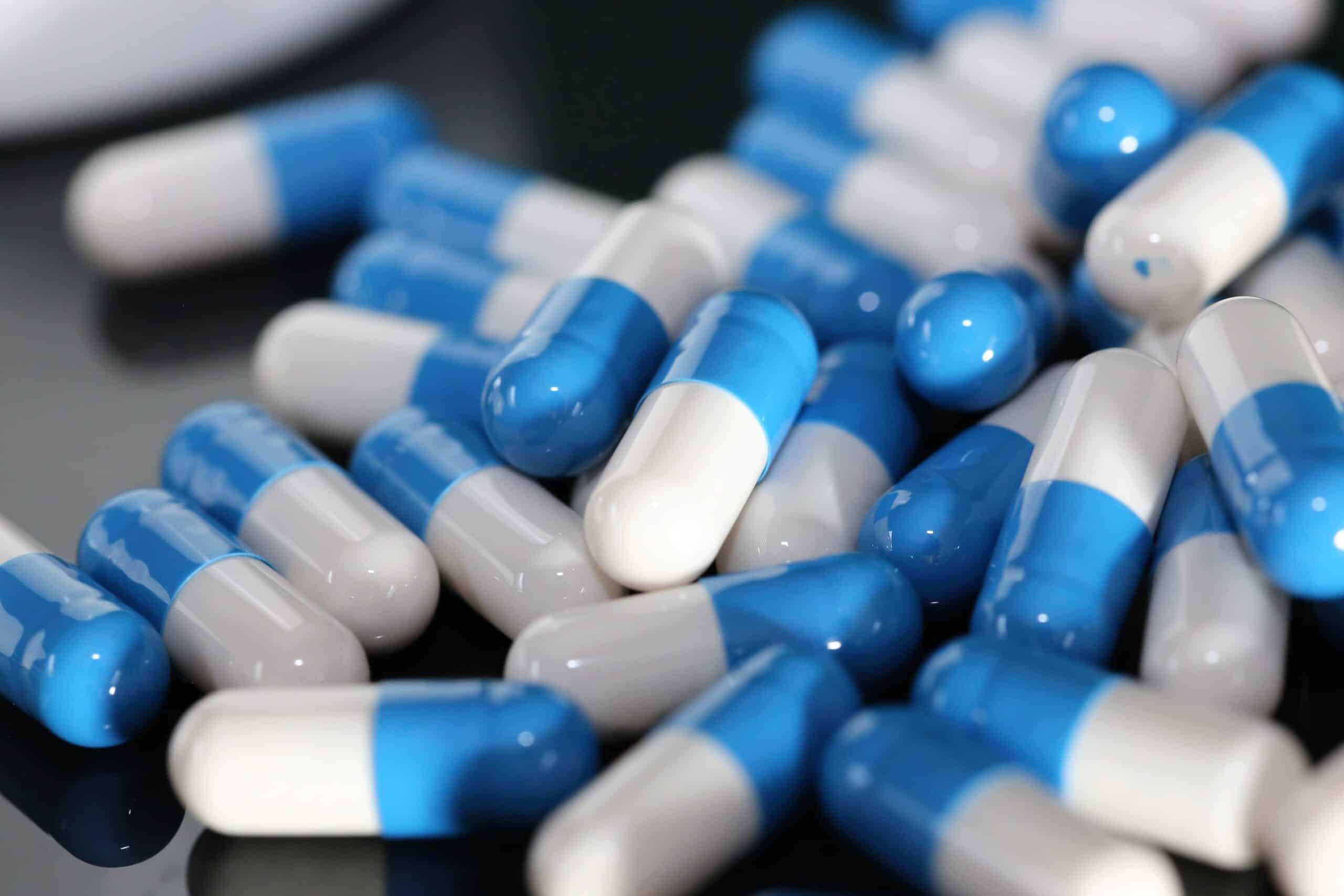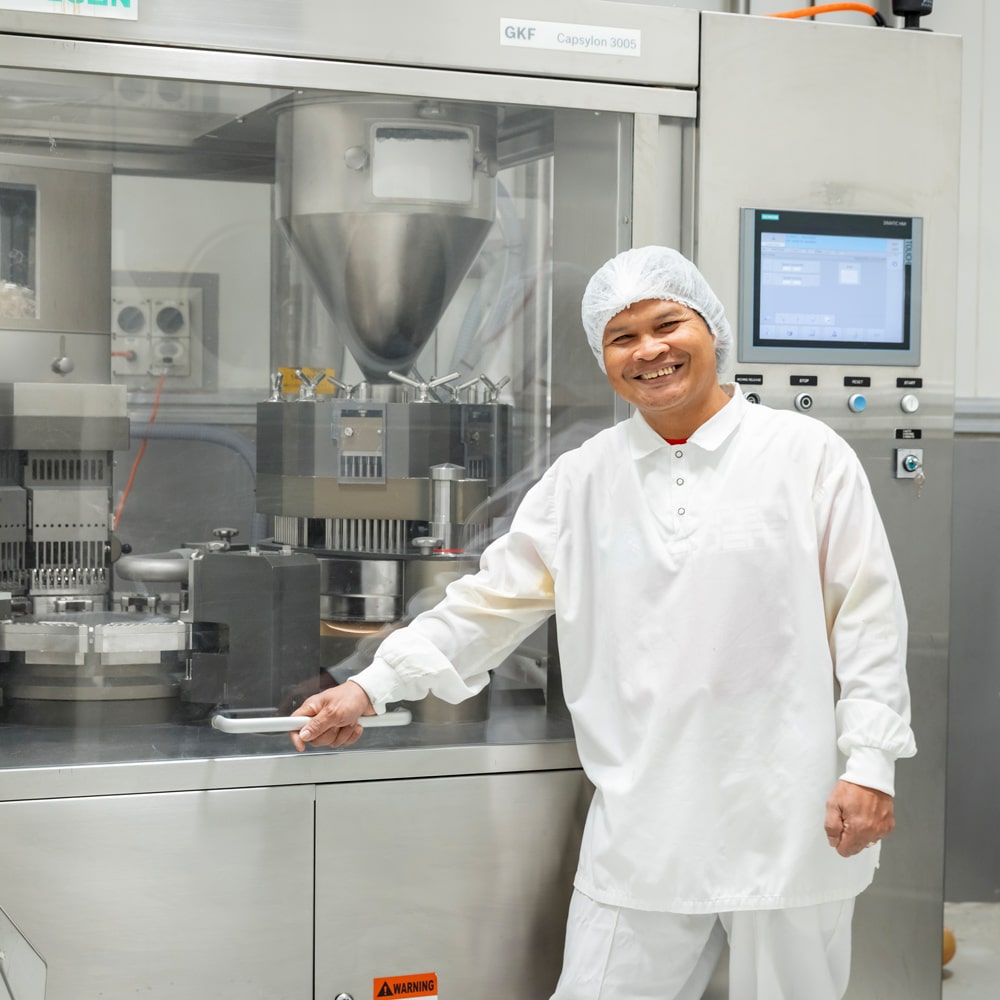This change in the global pharma industry goes beyond economics to security, transparency, and quality control.
International and domestic businesses searching for alternatives to the US and Chinese markets are now looking at Australia – a stable, well-regulated environment that supports innovation and high production standards. Let’s take a look at the benefits that Australia offers for pharmaceutical manufacturing.
An Overview of Australia’s Pharmaceutical Manufacturing Industry
Australia’s pharmaceutical manufacturing industry was worth an estimated $12.9 billion in 2024, according to a market research report by IBISWorld. The industry is expected to grow over the next 5 years from $14.04 billion in 2025 to $19.01 billion in 2030 (6.25% CAGR), driven by an ageing population and the rise of chronic conditions like diabetes.
The Australian Institute of Health and Welfare’s 2021 report showed 16% of the Australian population was 65 or older. This ageing population accounted for 60% of the total government cost of the Pharmaceutical Benefits Scheme (PBS) from 2022 to 2023, which subsidises medicines for Australians.
Pharmaceutical manufacturers in Australia can produce a range of products, including prescription medicines, over-the-counter medicines and complementary medicines like vitamins and health supplements.
What Australia’s Pharmaceutical Manufacturing Sector Offers
Australia’s pharmaceutical manufacturing sector offers businesses hit by global tariffs an opportunity to switch to a pharmaceutical manufacturer for lower costs while maintaining high quality.
Quality Control
In Australia, the TGA is the regulatory body for the production, testing and distribution of pharmaceutical products. All local pharmaceutical manufacturers must only use TGA-approved ingredients (or apply for new ingredients to be approved) and manufacture in GMP-certified facilities. Both the TGA and GMP guidelines serve as safeguards to ensure strict quality control on all pharmaceutical products produced in Australia. Pharmaceutical products sold in Australia must also obtain AUST L and AUST R labelling as proof of the product’s safety and efficacy.

Skilled Workforce
According to a Medicines Australia report, Australia’s medicines industry employs around 24,602 highly skilled people, including pharmaceuticals, vaccines and biotechnology. The pharmaceutical manufacturing sector has a growing workforce with an annual growth rate of 5.3% in the number of employees from 2018 to 2023.
Leading pharmaceutical manufacturers like Lipa Pharmaceuticals have in-house teams of pharmacists, clinical nutritionists, dietitians, and scientists to conduct product development and stability testing, eliminating the need for lengthy outsourced processes.
Government Support for Pharmaceutical Manufacturing
The Australian Government’s Modern Manufacturing Strategy announced in 2020 continues to fund and support pharmaceutical manufacturing businesses. Over $1.3 billion in funding was assigned to help businesses scale up and integrate with local and international supply chains. More recently, in 2025, the government committed $1.8 billion to the Pharmaceutical Benefits Scheme (PBS) and is looking at streamlining the TGA’s approval process for new pharmaceutical products.
Global Market Reach
Businesses seeking an alternative pharmaceutical manufacturer in Australia need look no further than Lipa Pharmaceuticals. We are an 8-time winner of Australia’s High Quality Manufacturer Award for complementary medicines and have the capability to manufacture high volumes of vitamins, health food supplements, and over-the-counter medication.
With over 30 years of industry experience and fully-equipped production facilities, we can work with your business to produce custom products in a private label or contract manufacturing arrangement. Get in touch with us today to find out how to partner with our cost-effective pharmaceutical manufacturing solutions in Australia.
Work with Australia’s Leading Pharmaceutical Manufacturer
Businesses seeking an alternative pharmaceutical manufacturer in Australia need look no further than Lipa Pharmaceuticals. We are an 8-time winner of Australia’s High Quality Manufacturer Award for complementary medicines and have the capability to manufacture high volumes of vitamins, health food supplements, and over-the-counter medication.
With over 30 years of industry experience and fully-equipped production facilities, we can work with your business to produce custom products in a private label or contract manufacturing arrangement. Get in touch with us today to find out how to partner with our cost-effective pharmaceutical manufacturing solutions in Australia.
